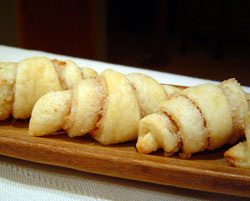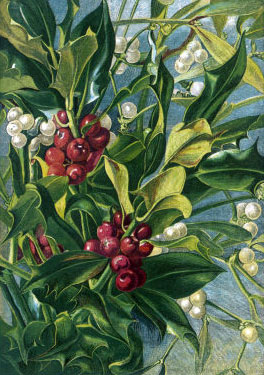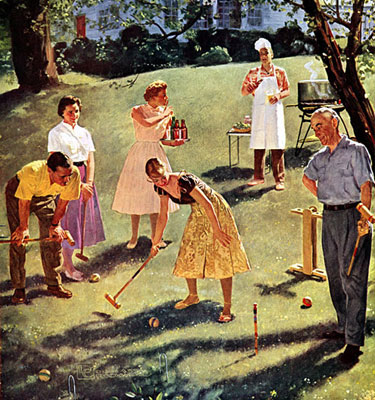 Most always, I find nature as my inspiration for arrangements and décor, thus green becomes my “MO” for all things fresh, natural, and beautiful. Green is nature’s neutral – found in different hues and shades in every wood, vale, forest and dale! Here are a few tips on “thinking green” for the Holidays and year round decorating as well!
Most always, I find nature as my inspiration for arrangements and décor, thus green becomes my “MO” for all things fresh, natural, and beautiful. Green is nature’s neutral – found in different hues and shades in every wood, vale, forest and dale! Here are a few tips on “thinking green” for the Holidays and year round decorating as well!
I always like to have a green base to build from when making an arrangement, tablescapes, or even holiday décor. Choose your greenery wisely – it will be your support and skeleton, your contrasting tone, and your “roux” that brings the arrangement together.
Use what is in season…for the Holidays, I like the traditional greens like holly, boxwood, cypress, cedar, and magnolia. Add some pizzazz by contrasting shades of green like the dark of the holly and magnolia (use those velvety brown backs as well), lighter green from cypress and blue greens from cedar or junipers.

 More than twenty years ago, when my Auntie Elinor was living in Riverside, Illinois, she began sending me the special holiday cookbook that her local newspaper published. It was packed with all kinds of recipes that readers had shared. I always loved reading through its pages.
More than twenty years ago, when my Auntie Elinor was living in Riverside, Illinois, she began sending me the special holiday cookbook that her local newspaper published. It was packed with all kinds of recipes that readers had shared. I always loved reading through its pages. My Hungarian grandma came to the United States when she was just a teenager. Her husband came before her to find a place for them to settle. She left her family behind to travel to a land of opportunity where she and her young husband believed they could create a better life for their family. Young Rose arrived with their first-born, a son, who was still a baby. I’ve often wondered what it was like for my grandma to be in a strange country, a place where she could barely communicate with the people around her and where she had no family or friends, just her Hungarian husband.
My Hungarian grandma came to the United States when she was just a teenager. Her husband came before her to find a place for them to settle. She left her family behind to travel to a land of opportunity where she and her young husband believed they could create a better life for their family. Young Rose arrived with their first-born, a son, who was still a baby. I’ve often wondered what it was like for my grandma to be in a strange country, a place where she could barely communicate with the people around her and where she had no family or friends, just her Hungarian husband.
 By Thanksgiving weekend, the prep work was well underway. All year long
she'd been saving the boxes from stationery and from her nylon
stockings, stashed with the Christmas ornaments. She'd made lists in
her perfectly inscrutable handwriting. In our basement refrigerator,
she had squirreled away some of the raspberry jam she made during the
summer.
By Thanksgiving weekend, the prep work was well underway. All year long
she'd been saving the boxes from stationery and from her nylon
stockings, stashed with the Christmas ornaments. She'd made lists in
her perfectly inscrutable handwriting. In our basement refrigerator,
she had squirreled away some of the raspberry jam she made during the
summer.
